Parenting Challenges Posts on Crowch
December 1 marks World AIDS Day, the first ever global health day, established by the World Health Organization in 1988. On this day, millions of people around the world come together to raise awareness of HIV/AIDS, to support those living with the virus, and to remember those we have lost.
🌍 Why is this day important?
AIDS remains one of the most serious global health challenges of our time. Since the discovery of the virus in the 1980s, millions of lives have been affected. However, thanks to the work of scientists, doctors, and activists, we have made incredible progress: today, modern treatments allow people living with HIV to live long and fulfilling lives.
❤️ The Red Ribbon Symbol

The most recognizable symbol of World AIDS Day is the red ribbon. It represents remembrance for the victims of the epidemic, support for those living with HIV, and hope for a future free from stigma and discrimination. By wearing a red ribbon, we show solidarity and a willingness to speak openly about the issue.
🤝 Fighting prejudice
One of the greatest challenges today is not only fighting the virus but also fighting prejudice. Unfortunately, people living with HIV still face discrimination. It is crucial to remember: HIV does not define a person. It is simply a medical condition that requires treatment and compassion.
💡 Theme of 2024
Each year, World AIDS Day carries a theme that highlights a specific aspect of the response to HIV — from prevention and testing to equal access to treatment. But the core message remains the same: every life matters.
🌱 Hope and the future
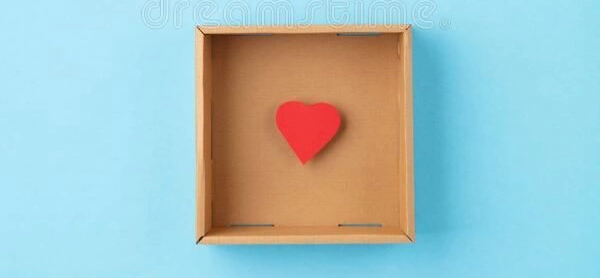
With ongoing research and global cooperation, humanity is closer than ever to ending the spread of HIV. More countries are offering free testing and treatment, and most importantly, society’s attitudes are changing: HIV is no longer a taboo subject.
World AIDS Day is a reminder to us all: knowledge, compassion, and support can save lives.
In today’s fast-paced world, stress has become a nearly constant presence. We're juggling deadlines, endless notifications, pressure to perform, the fear of missing out, and the need to always "keep up." We've been conditioned to see stress as something to eliminate — as a threat. But what if stress isn’t the enemy? What if it’s actually a message?
Stress, at its core, is not bad. It’s a natural response to challenge, change, and uncertainty. In small doses, it sharpens our focus, boosts motivation, and helps us act quickly in tough situations. Some of our best decisions, ideas, and creative sparks come under healthy pressure. The real danger begins when stress becomes chronic — when we stay in a state of tension for days, weeks, or even months without rest or recovery.
Chronic stress drains the nervous system, clouds the mind, and weakens the immune system. It often starts subtly: we lose patience faster, struggle to concentrate, wake up tired, get headaches more often. Then comes emotional burnout — when we feel disconnected, numb, or overwhelmed for no obvious reason. These aren't just random bad days. They’re signs that something inside us needs attention.
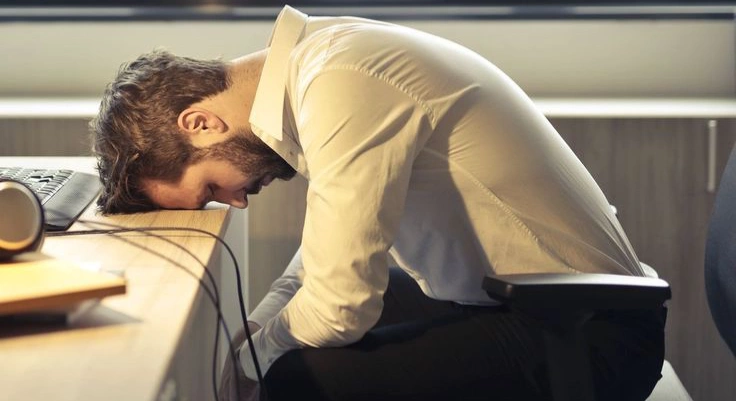
The goal isn't to eliminate stress entirely. That’s unrealistic. The key is to build awareness and resilience — to notice stress signals early and respond to them kindly and intelligently. Start by asking simple questions:“What is my body trying to tell me?”“Am I pushing too hard?”“What’s one small thing I can do right now to support myself?”
Even tiny habits can help shift your state:– Slow, deep breathing (exhale longer than you inhale)– Taking a short walk without your phone– Drinking water mindfully– Doing a brain “reset” by journaling for 5 minutes– Saying “no” when you need rest, not more tasks
One of the biggest myths around stress is that “strong people don’t feel it.” In truth, real strength is emotional flexibility. The ability to slow down when needed. To admit when you’re tired. To ask for help. To say, “This is too much for me right now” — and not feel shame for it.
You don’t have to be calm and productive all the time. You don’t need to “fix” yourself. You need to be with yourself — especially in the moments you feel overwhelmed.
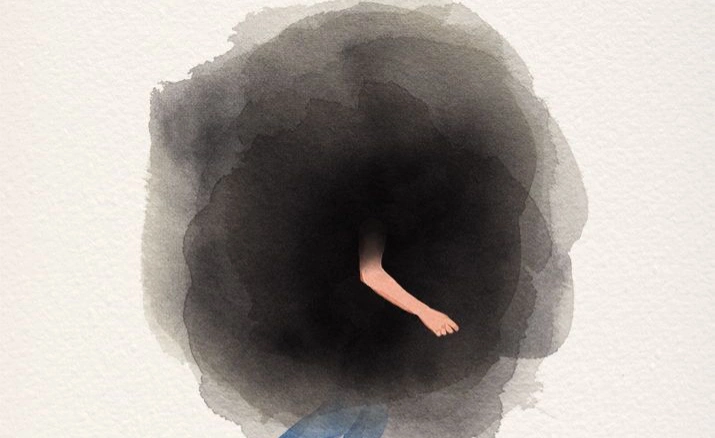
Stress is not a flaw. It’s your nervous system asking for balance. And when you start listening to it — not suppressing or fearing it — you begin to rebuild something incredibly valuable: your connection with yourself.
So today, maybe don’t try to fight stress. Try to pause. Try to breathe. Try to listen. Because behind that tension, there’s often a very human message:“You’re doing your best. It’s okay to rest.”
Where do you truly feel at home?
Not your registered address. Not the place you were born. But that space where your inner world exhales. Where you can be yourself without fear, without masks. Where you're not judged — just accepted. Where no explanation is needed, because you’re simply seen.
Home isn’t just walls, keys, or furniture. It’s a feeling. A warmth you can’t measure. A scent that brings back memories. A silence that doesn’t pressure you to speak. A space where you can be strong or tired, joyful or lost — and all of that is okay.
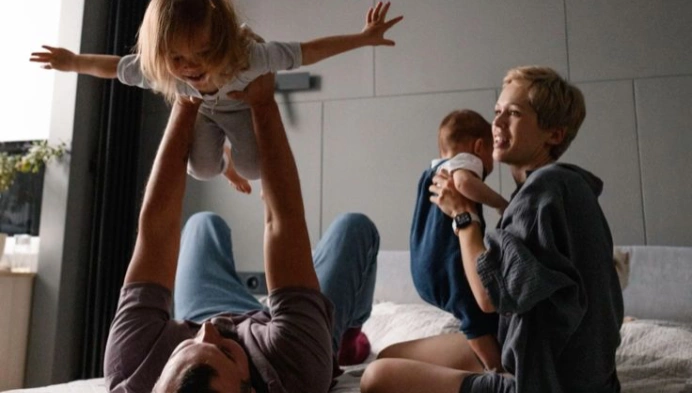
Sometimes, we search for home in geography. We think: if I move, start over, change the scenery — things will feel lighter. And sometimes that helps. But only if there's grounding within. Because the most beautiful apartment won’t cure the loneliness of an empty heart.
And sometimes it’s the opposite — you’re in transit, in a noisy city, at a train station or in a foreign place, and yet you feel at home. Because someone you trust is next to you. Or because, for the first time in a long while, you’re honest with yourself. Or maybe just because — finally — your mind is quiet.
Being home isn’t a location. It’s a state of being. It’s about safety — not physical, but emotional. It’s about not having to pretend. About the right to be vulnerable. It’s when no one asks, “Why are you like this today?” — they just pour you a cup of tea.
We live in a world that constantly demands we perform. Be productive, polished, presentable. Keep it together. Be successful. And in that race, it’s easy to lose the feeling of home — even if you return to the same apartment every night.
That’s why a true home isn’t a “where,” it’s a “how.” How you feel around someone. How you speak to yourself. How safe it is to just be. And if you haven’t found that place yet — that’s okay. Sometimes, the way home isn’t down a street — it’s through an honest look within.
You can build a home inside yourself. One step at a time. With every “no” to outside pressure. With every “yes” to your own feelings. With every warm conversation, every quiet acceptance, every moment you stop pretending.
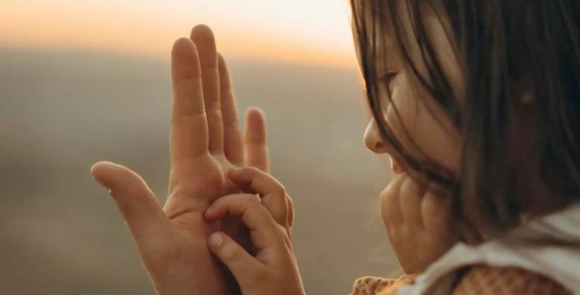
And one day, you’ll realize: it doesn’t matter where you are. You’re home.
It happened in the garage. I’d been trying to fix the lawn mower — you know, typical Saturday Dad stuff. My son was watching me with that look: admiration, curiosity, the silent belief that I could solve anything with a wrench and a scowl. And then I snapped a bolt. Not just messed it up — broke it. Stripped the thread, cursed under my breath, tossed the wrench across the floor like a frustrated teenager. He froze. And I realized: I had just let him see me lose.
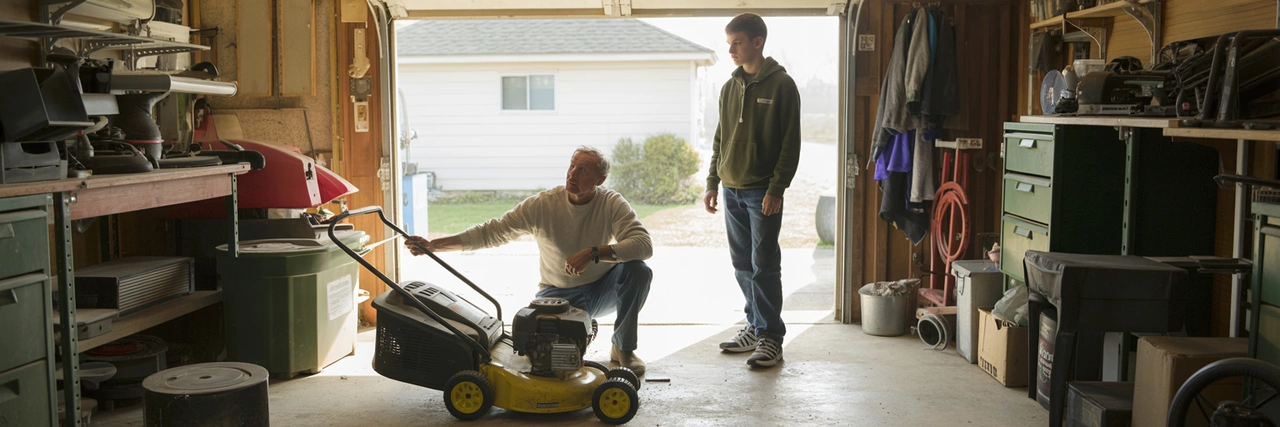
For a second, I felt ashamed. Not because of the bolt — because he saw me out of control. No wise words. No composed “Dad Mode.” Just a grown man screwing up. I mumbled something and walked away to cool down. He didn’t follow. The silence stung more than the failure itself. I thought: “Did I just ruin something?” But later that evening, he came to me. Not with judgment — with questions. “Why were you so mad?” “Did you feel dumb?” We talked. And I told him the truth: “Yeah. I felt stupid. And that’s okay.”
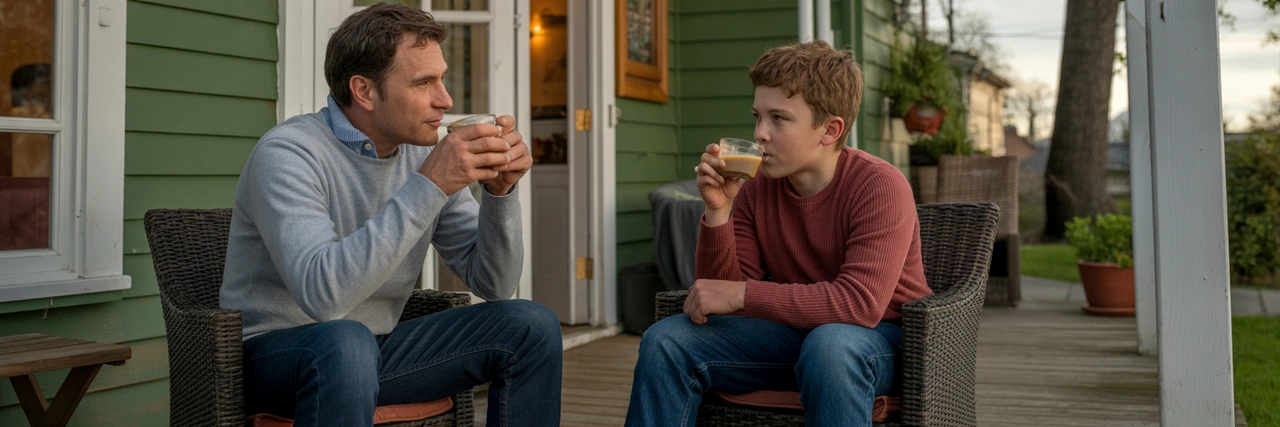
Something shifted after that. He stopped expecting me to be bulletproof. He started asking me for help with his own frustrations — like I’d given him permission to have them. Not just to feel angry or embarrassed, but to not hide it. That failure in the garage became a kind of bridge. A messy, squeaky, human bridge between us.
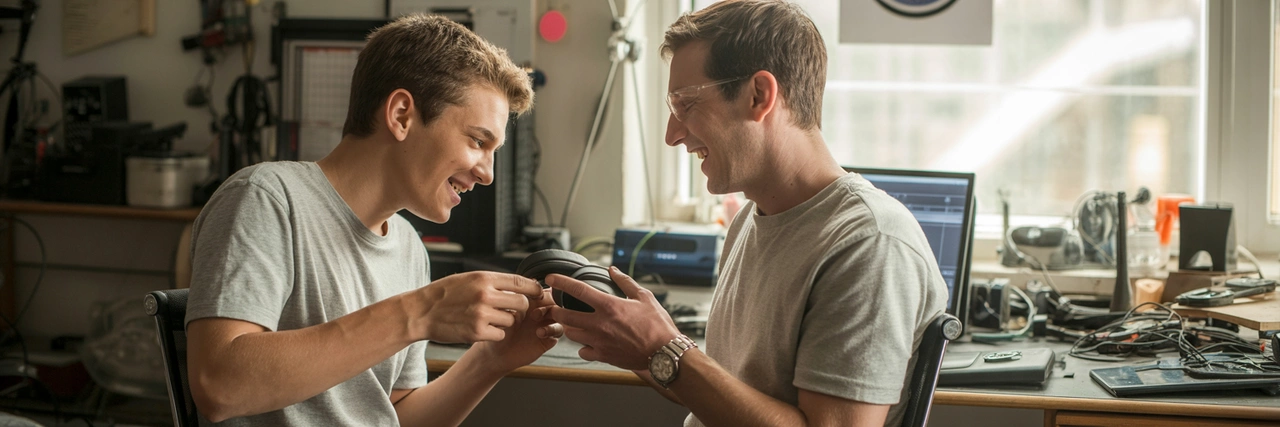
We talk about “teaching by example,” but we forget that failure is part of the example. I want my kids to know success isn’t just about getting it right. It’s about how you respond when you don’t. About trying again — or sometimes, admitting defeat and laughing at it. When I let them see me drop the ball, I’m teaching them how to pick it up.
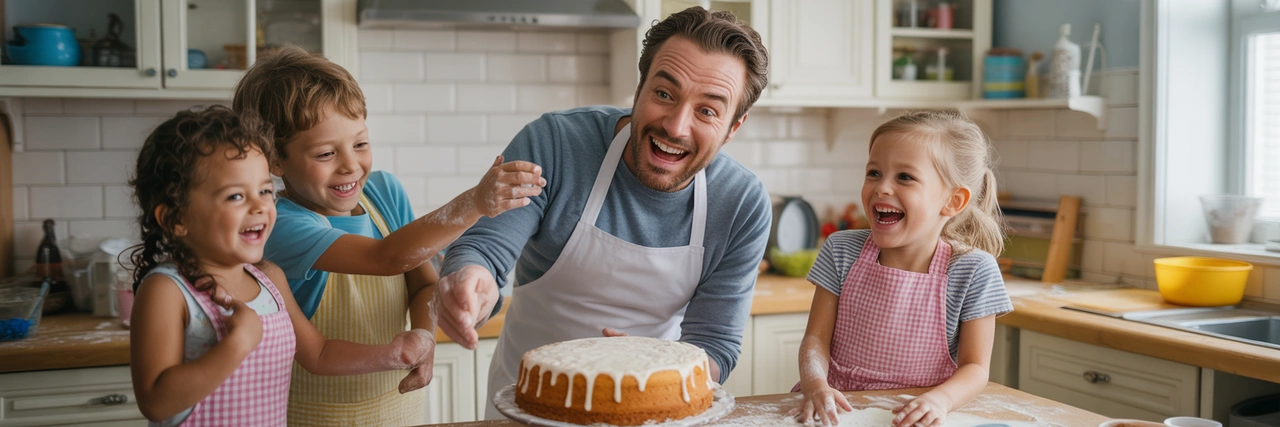
Nowadays, I still mess up. In repairs. In parenting. In conversations I overthink. But I don’t hide it anymore. Because now I know — when your kid sees you fail, they also see you human. And nothing connects people more than that.
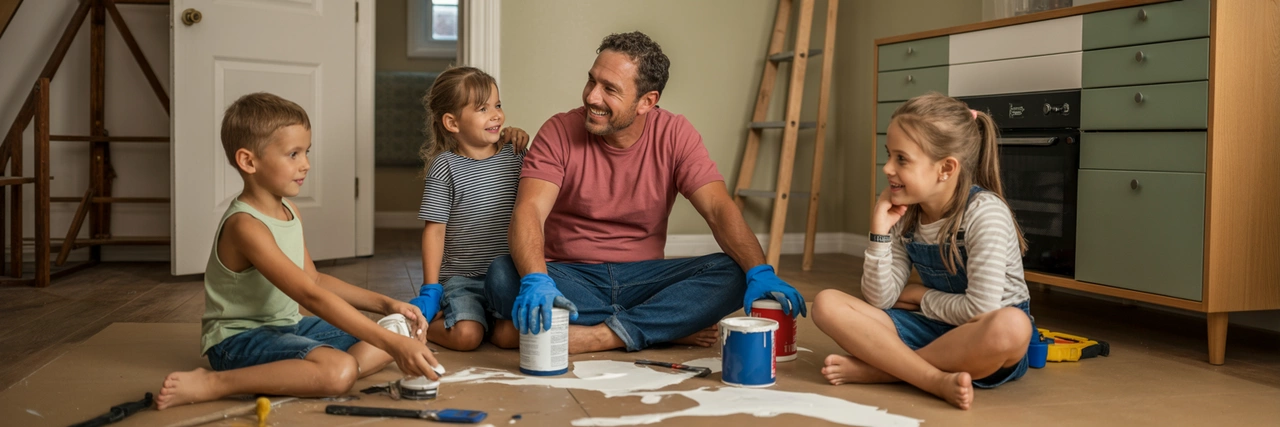
It started on a Tuesday — not some milestone day, just a regular afternoon, school bags on the floor, dinner half prepped. My daughter asked me something simple: “Dad, why do people change?” She didn’t mean puberty. She meant friendships, love, why someone can be kind one year and cold the next. I opened my mouth, ready to be wise. Nothing came out. I didn’t know the answer. And for the first time, I said it out loud: “I don’t know.”
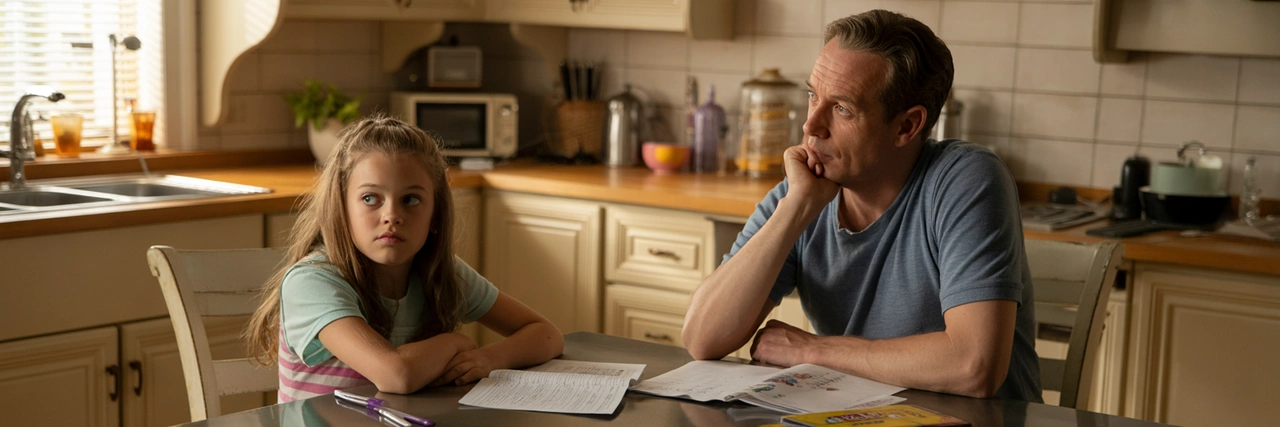
It started on a Tuesday — not some milestone day, just a regular afternoon, school bags on the floor, dinner half prepped. My daughter asked me something simple: “Dad, why do people change?” She didn’t mean puberty. She meant friendships, love, why someone can be kind one year and cold the next. I opened my mouth, ready to be wise. Nothing came out. I didn’t know the answer. And for the first time, I said it out loud: “I don’t know.”
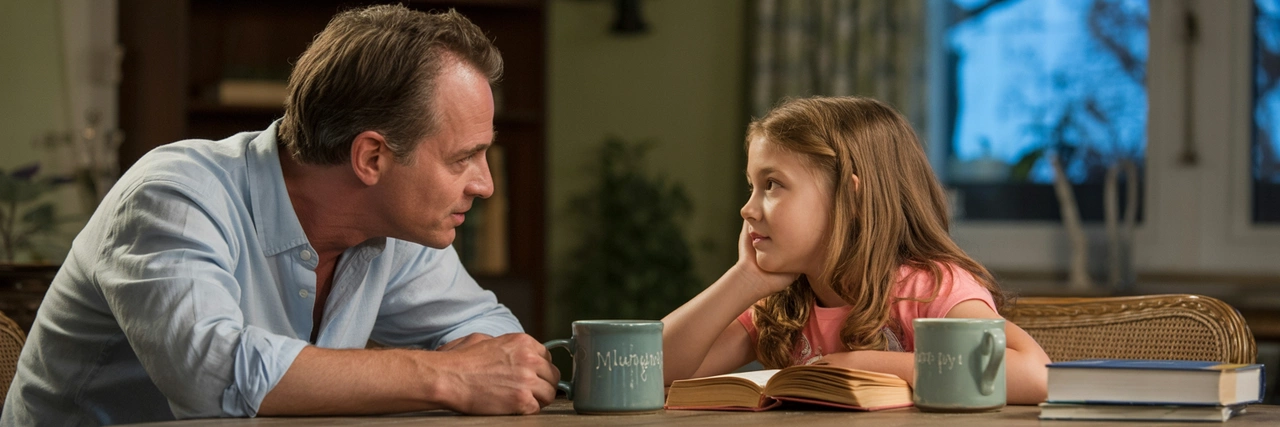
After that, it got easier. “I don’t know” stopped feeling like failure. It became an invitation — to learn together, to feel things out as a team. My son once asked me why people lie to the ones they love. I told him, “That’s a hard one. Want to walk and think about it?” We didn’t solve it. But we shared it. And that changed something.
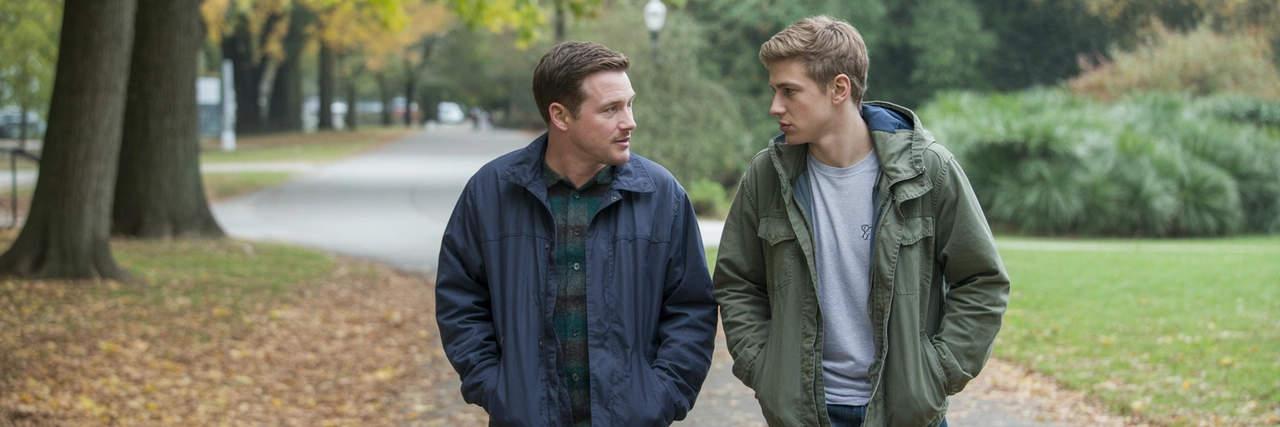
After that, it got easier. “I don’t know” stopped feeling like failure. It became an invitation — to learn together, to feel things out as a team. My son once asked me why people lie to the ones they love. I told him, “That’s a hard one. Want to walk and think about it?” We didn’t solve it. But we shared it. And that changed something.
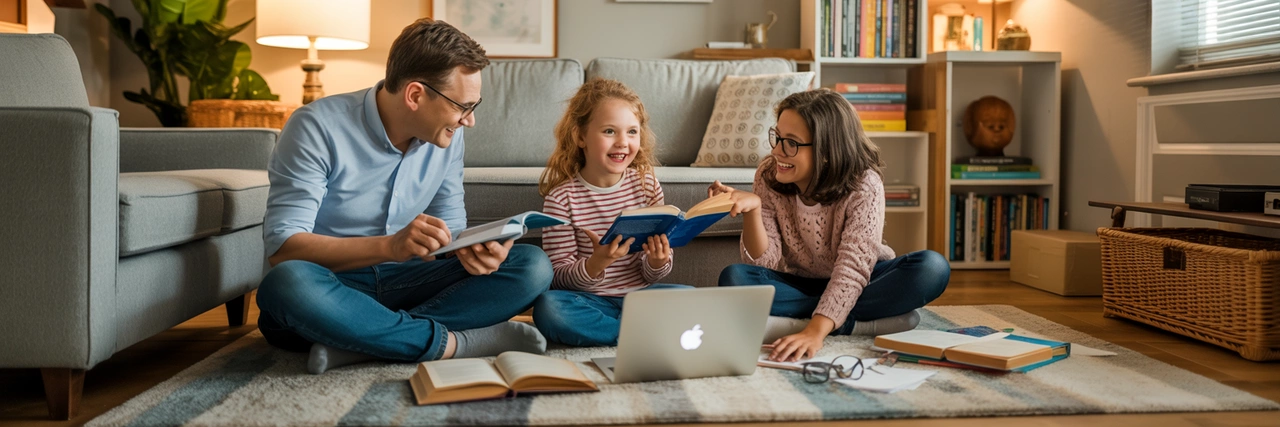
Now, when I don’t have the answer, I just breathe. I sit with it. And usually, someone pulls up a chair beside me. Not because I solved anything — but because I was brave enough to admit I couldn’t. And honestly? That’s when the real parenting begins.
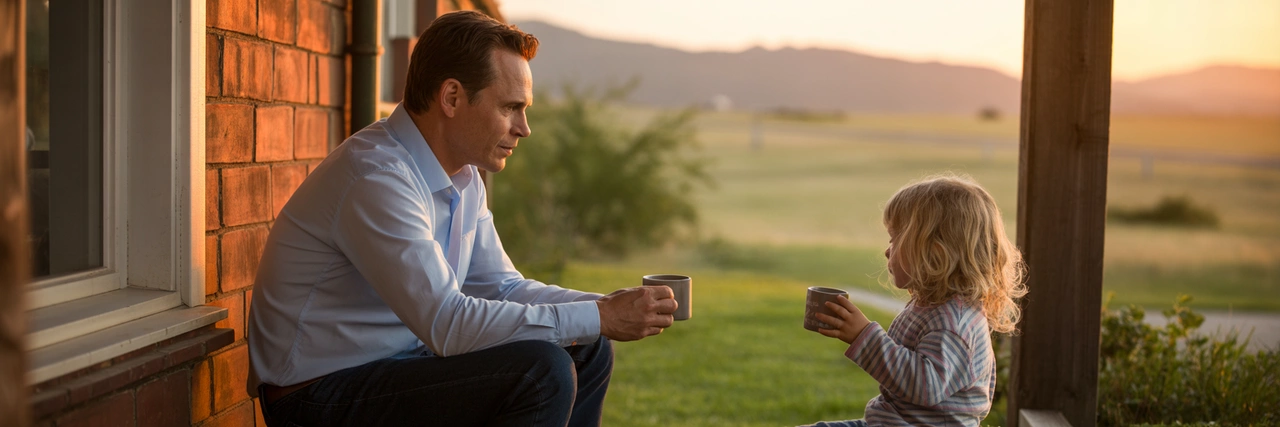
Hello again, friends 💕 Can I share something I’ve been working through lately? For a long time, I chased this idea of being the “perfect” mom, wife, friend, woman. You know the one—always patient, always organized, house sparkling, kids smiling, dinner on the table and healthy and Instagram-worthy. Oh, and don’t forget: still making time for date nights, workouts, creative hobbies, and self-care. (Exhausted yet? I sure was.)
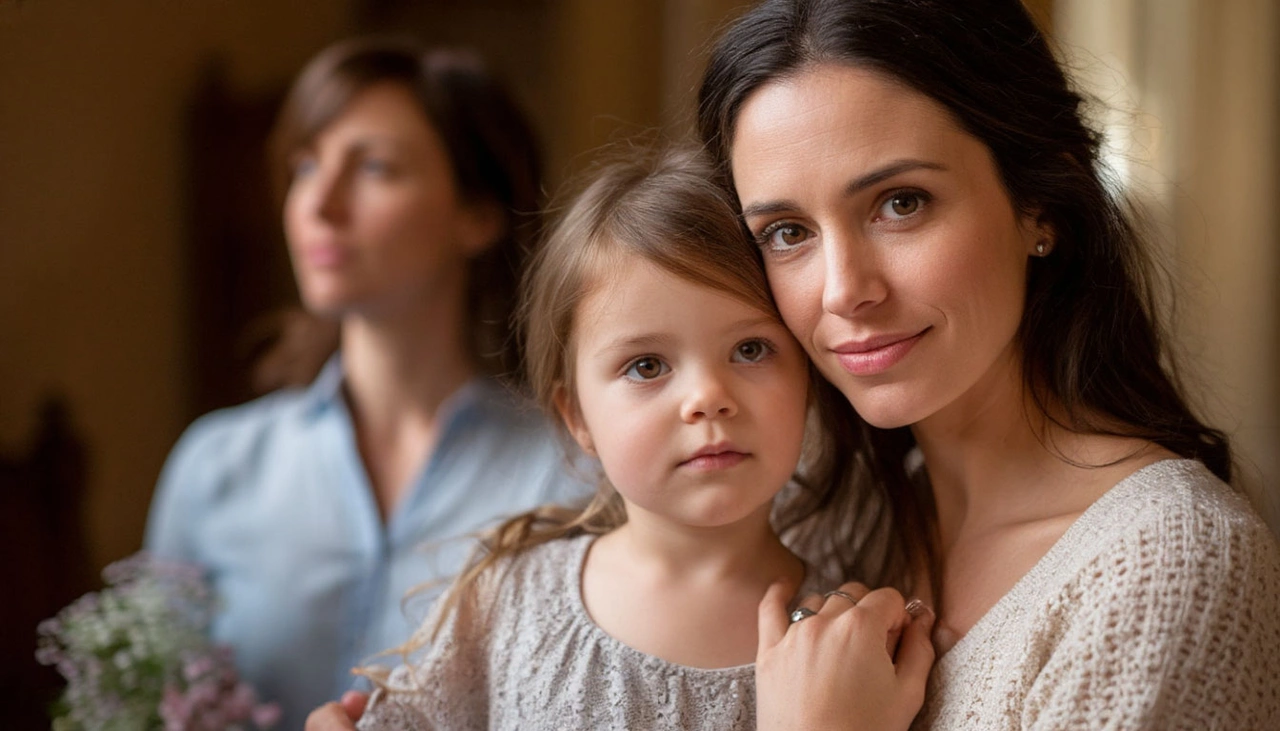
Somewhere along the way, I realized I was holding myself to a standard that no one had actually asked of me. Not my kids. Not my husband. Definitely not my real-life friends (who are also just trying to keep up with laundry and remember what day trash pickup is). It was all in my head. A mix of social media highlight reels, my own expectations, and that little inner voice that whispers, “You’re not doing enough.” But here's what’s changed: I’ve started giving myself permission to be good enough. Not in a lazy, give-up kind of way—but in a grace-filled, human kind of way.
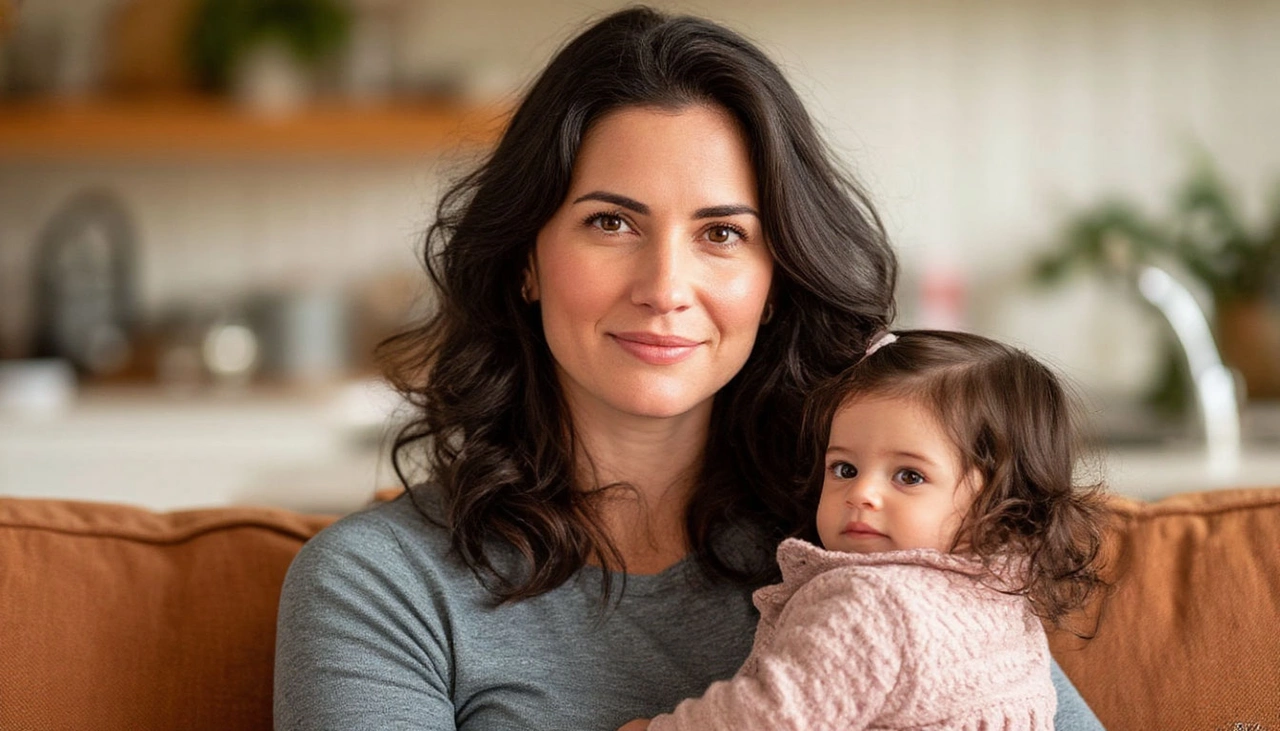
Dinner doesn't have to be homemade every night. Sometimes it’s cereal and scrambled eggs, and no one minds. The house can be messy and still be full of love. I can lose my patience, apologize, and still be a great mom. I can say “no” to some things and still be a good friend. I’ve learned that when I let go of perfect, I make space for something more real: connection, peace, presence. My kids don’t need a perfect mom. They need me—imperfect, sometimes tired, often silly, and always loving.

So if you’re in a season of self-doubt, comparison, or just plain overwhelm… you’re not alone. Let’s stop measuring ourselves against impossible standards and start celebrating the fact that we’re showing up, every day, with love. And that, my friends, is more than enough. 💗